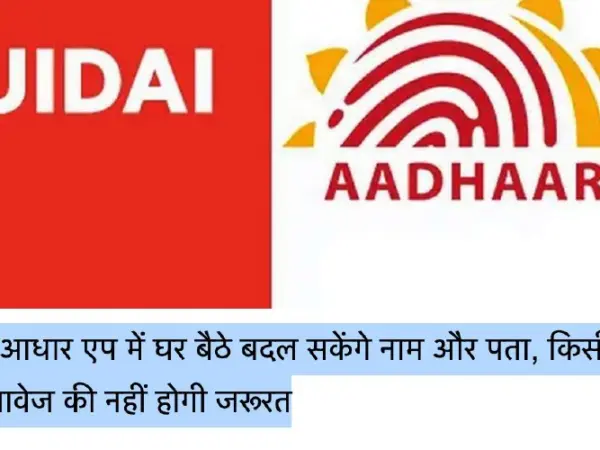The Reserve Bank of India (RBI) has taken a decisive step by cancelling the license of Adarsh Mahila Nagari Sahakari Bank Maryadit, located in Aurangabad, Maharashtra. This decision, effective from December 29, 2023, marks the end of the bank’s operations in the banking sector.
Reasons for Licence Cancellation
- Inadequate Capital and Earning Prospects: The bank’s financial health was found to be lacking in terms of capital and potential for earnings, violating certain provisions of the Banking Regulation Act, 1949.
- Failure to Comply with Regulatory Requirements: The bank did not meet the conditions laid out in Sections 22(3) (a) to (e) and Section 56 of the Banking Regulation Act, 1949.
- Risk to Depositors’ Interests: The continuance of the bank was deemed harmful to the interests of its depositors.
- Inability to Pay Depositors: The bank’s financial position was so weak that it would be unable to repay its depositors in full.
- Public Interest at Stake: Allowing the bank to continue its operations was judged to be against public interest.
Effects of Licence Cancellation
- Adarsh Mahila Nagari Sahakari Bank is prohibited from carrying out banking activities, including the acceptance and repayment of deposits.
Depositor Insurance Coverage
- On liquidation, depositors will be entitled to insurance coverage up to ₹5,00,000 from the Deposit Insurance and Credit Guarantee Corporation (DICGC), as per the DICGC Act, 1961.
- As of October 31, 2023, DICGC has already disbursed ₹185.38 crore, covering insured deposits, to eligible depositors of the bank.
Key Highlights:
- RBI’s Strict Action: Cancellation of the bank’s license due to inadequate capital and non-compliance with regulatory requirements.
- Prohibition on Banking Activities: The bank is barred from conducting any form of banking business.
- Depositors’ Protection: Nearly all depositors (99.77%) are entitled to receive the full amount of their deposits under DICGC insurance.
- DICGC’s Role: Proactive disbursement of insured deposits to protect the interests of the depositors.
This development serves as a crucial reminder of the RBI’s commitment to maintaining the stability and integrity of the banking sector in India.





